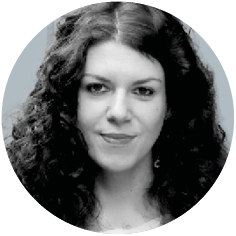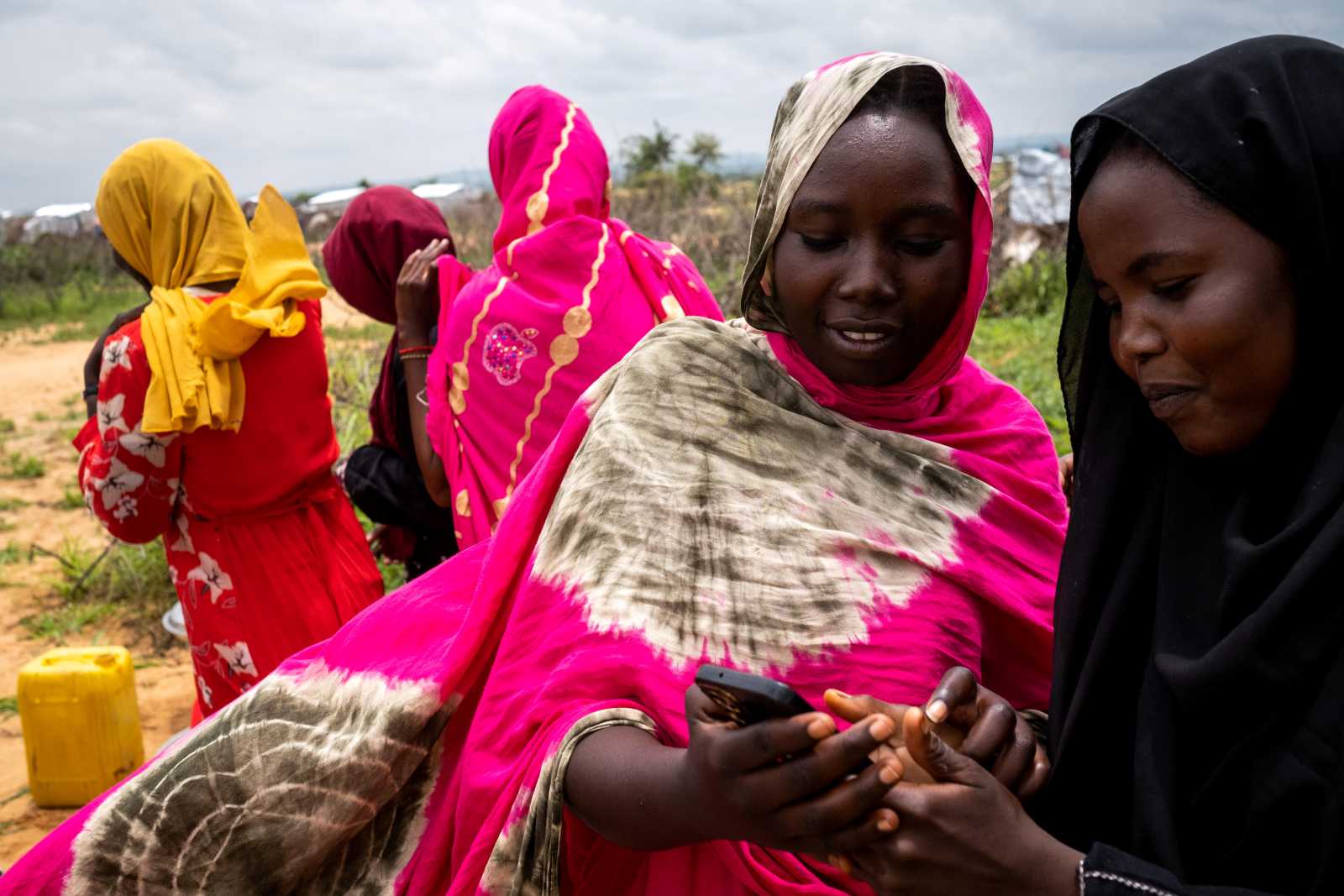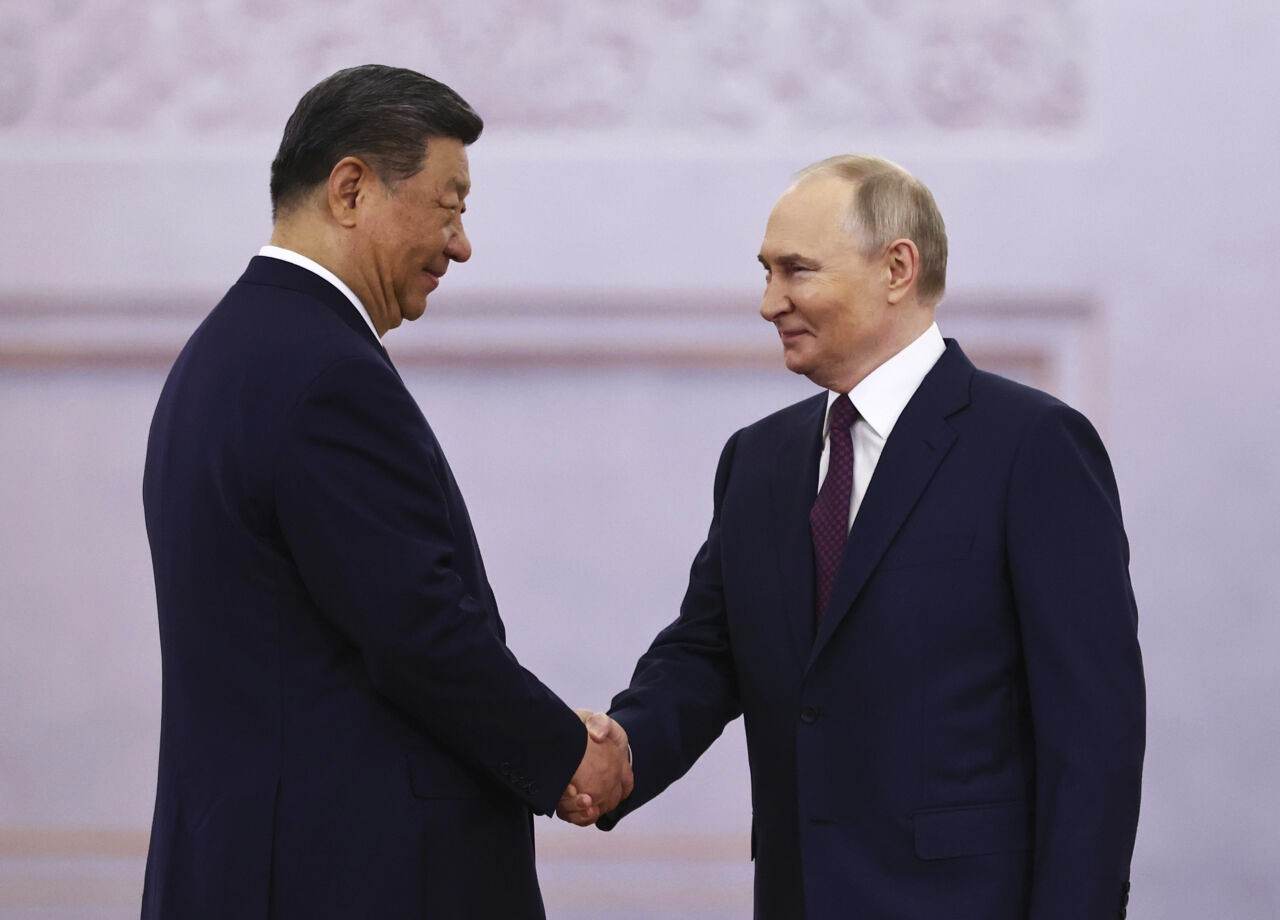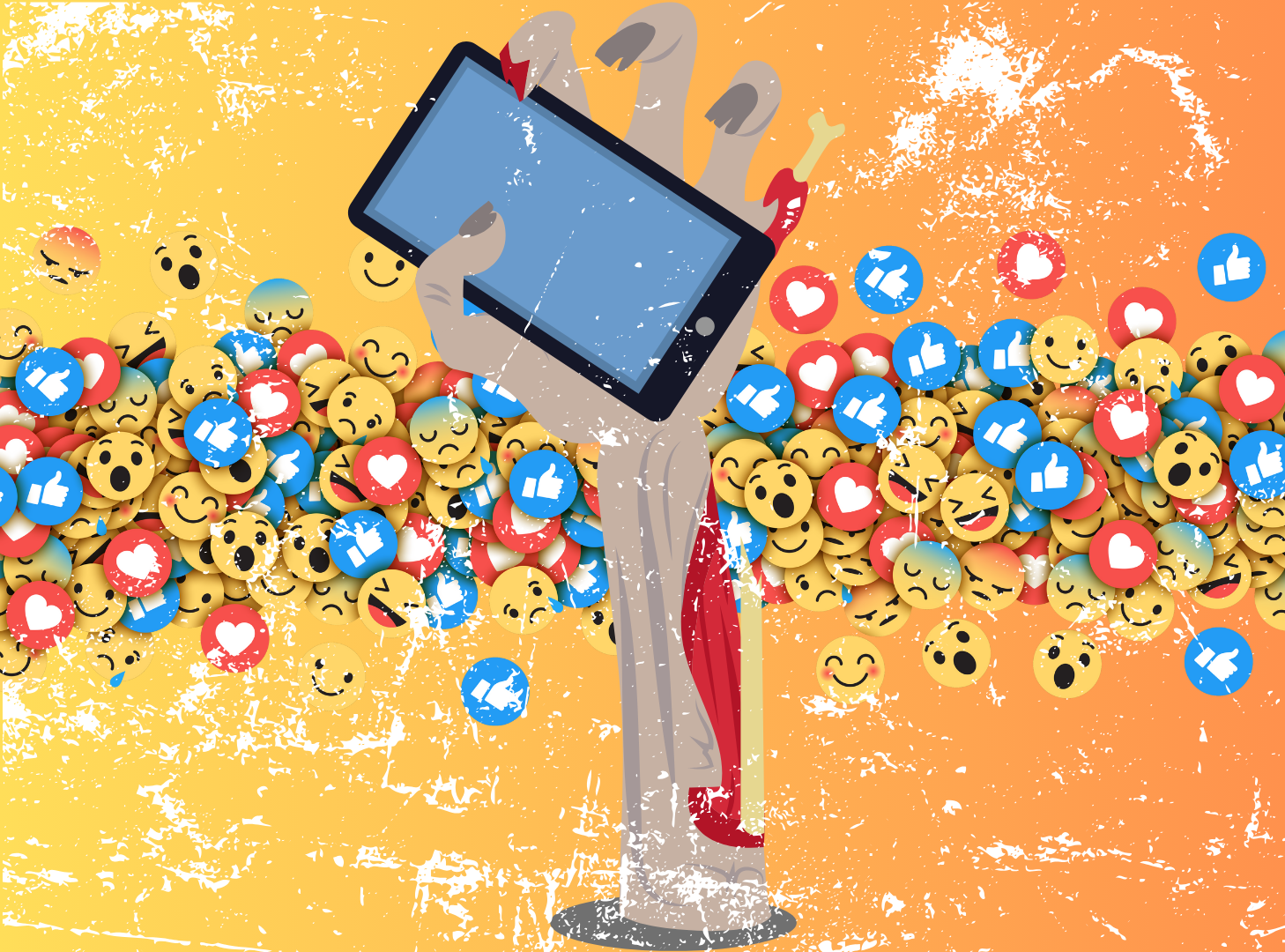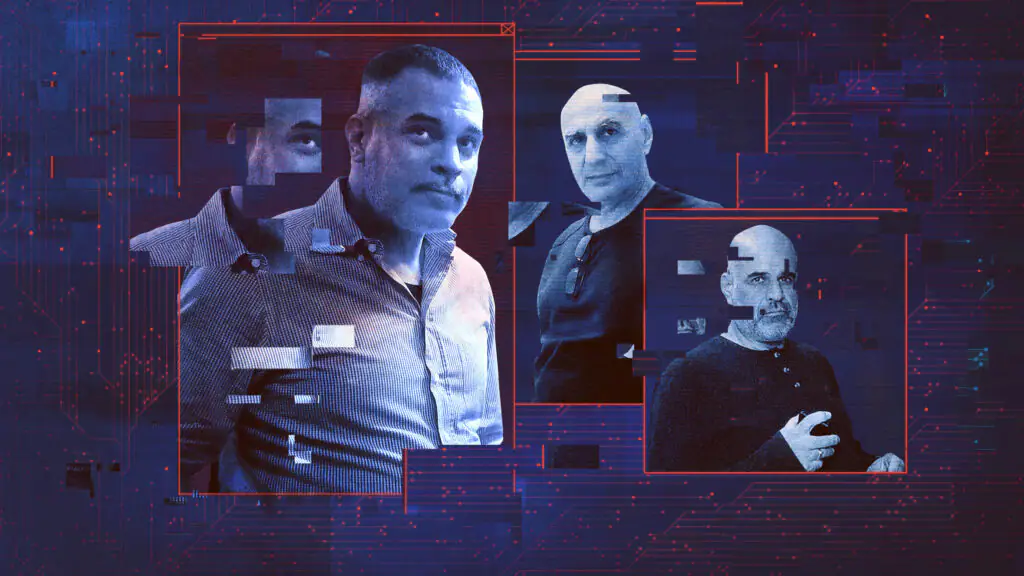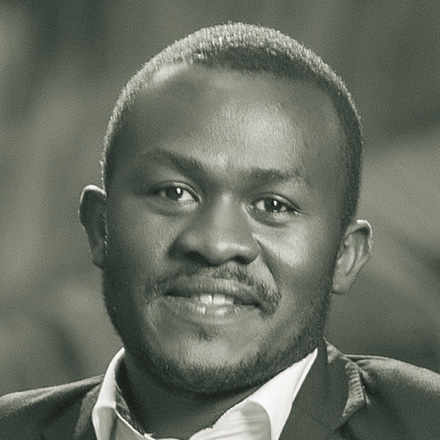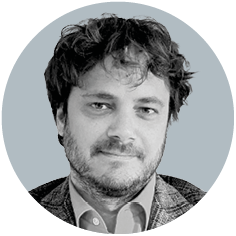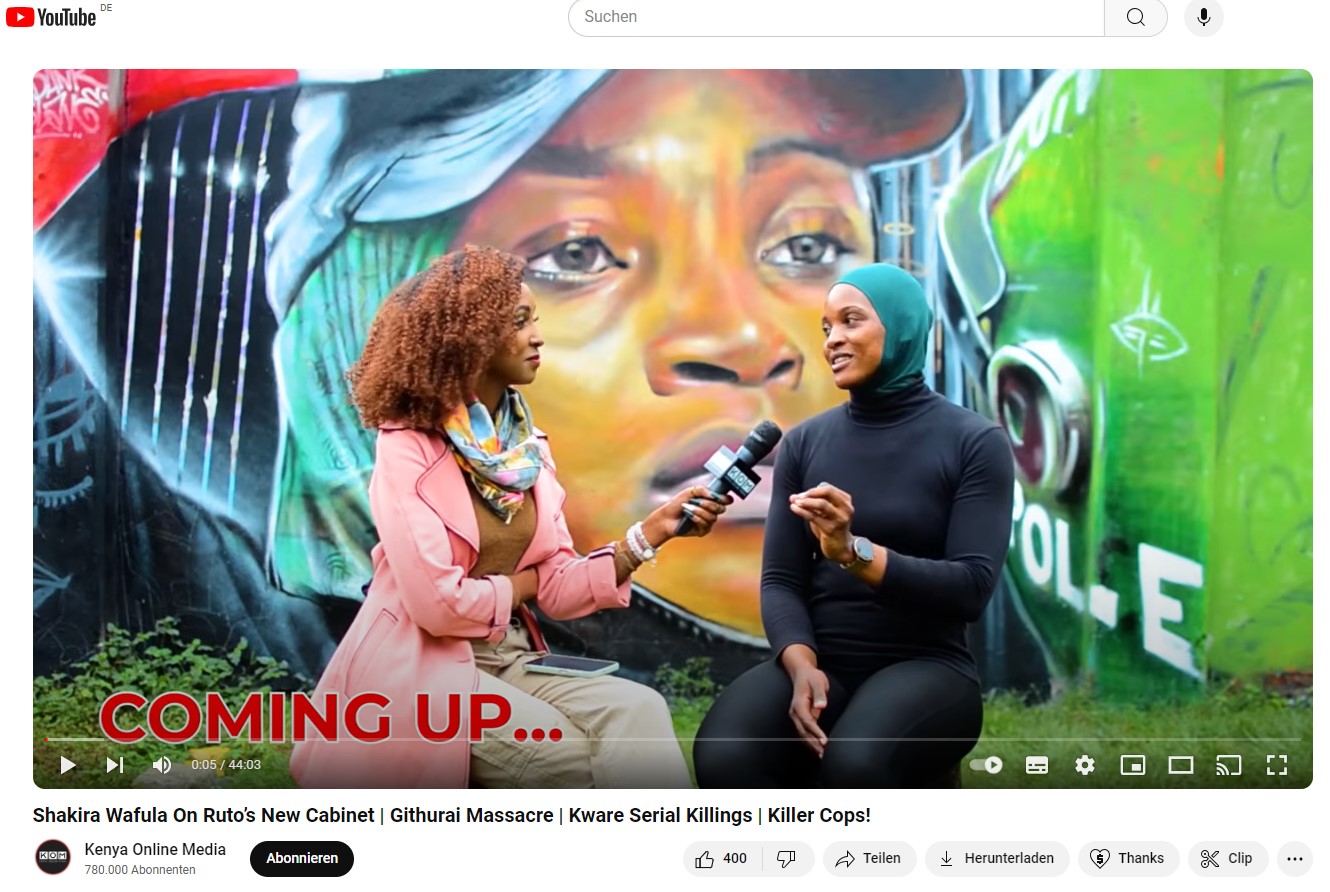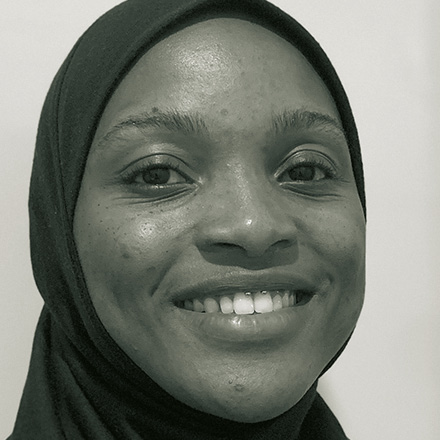Our view
Why the world needs to relearn what is true
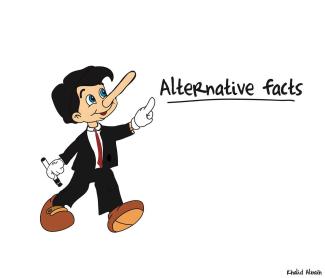
I volunteer on a project for disadvantaged children and youth near Nairobi. In April, D+C author Alba Nakuwa and I led two workshops for around 70 young people on the topic of media literacy and disinformation. The reactions and thoughts of these 14 to 20-year-olds overlapped with much of what media researchers and psychologists from other parts of the world have reported.
When fake news dealt with subjects that were close to home, the young people could almost always identify them. For example, we talked about a post that falsely claimed that the flooding in Nairobi last year only affected a small portion of the city. A boy identified the report as false because he was personally impacted by the flooding, even though he lived in a different neighbourhood.
The young people were overly mistrustful of information about the Kenyan government. Even true reports from media that we had previously identified as reliable sources were labelled false. That lines up with what Kenyan legal expert Irene Mwendwa describes in an interview: Particularly in countries of the Global South, people have a deep mistrust of institutions. Mwendwa sees the root of this tendency in these societies’ history of exploitation.
There was great uncertainty among the young people when it came to global phenomena and connections. Sometimes their social media feeds spit out wild assertions like: “There is another continent beyond Antarctica”. In other cases, it became clear that the virtual clutches of Russia’s propaganda army reach from the west of the continent to the east: Burkina Faso’s young head of state, Ibrahim Traoré, who has led the country since a coup d’état three years ago, is often presented to the young people as an anti-western hero. Memes and reels celebrate him for his hatred of France and the entire west, as well as for actions and statements that can rarely be corroborated.
Many of the young people realised that they should be sceptical; just as many thought the posts were true. That is not surprising: The workshop participants come from economically disadvantaged families and attend woefully underfunded public schools with no resources for media literacy.
Circumstances are different in Finland, as education expert and former school director Kari Kivinen reported to D+C. Children there learn as early as kindergarten that disinformation means lies, misinformation means mistakes, and false information means gossip.
People of every age need to be taught how to understand the kind of information they are dealing with. Autocratic regimes all over the world can attribute their rise in part to the deliberate application of all kinds of false information. They have an interest in distorting the truth or keeping it from being recognised. Thanks to artificial intelligence, they are more successful than ever.
Katharina Wilhelm Otieno is an editor at D+C and works in Nairobi at times.
euz.editor@dandc.eu
